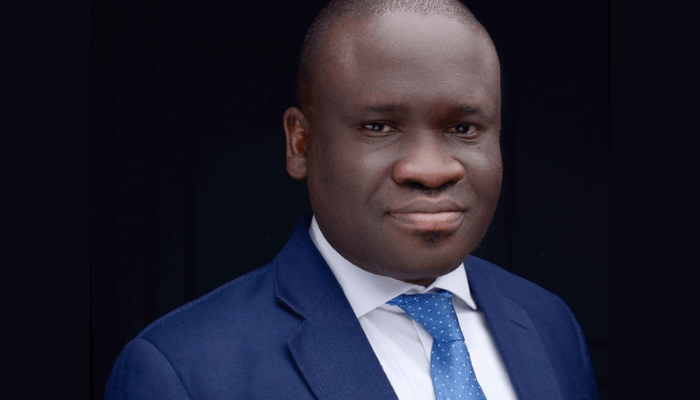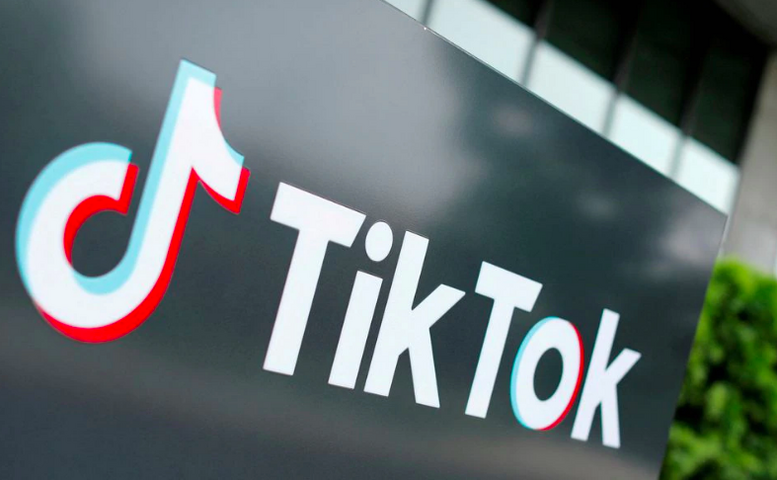By Oladehinde Oladipo
Copyright businessday

West Africa is undergoing one of the fastest urban transitions in the world, with cities like Lagos, Accra, and Abidjan expanding at unprecedented rates. According to Africapolis, a research and visualisation mapping tool, the region is expected to host mega-agglomerations by 2050, as Africa’s urban population doubles.
Ajibola Akindele, Country President for Nigeria at Schneider Electric West Africa, said this surge presents both opportunities and risks for the building industry. “To meet the demand, we need to mobilise quickly. Everything from high-rise apartments to hospitals, hotels, and office complexes must be built or upgraded to keep pace with rapid urbanisation,” he said.
But Akindele warned that speed must not come at the expense of safety, sustainability, or efficiency. “In West Africa, it’s not uncommon to encounter buildings that appear modern externally but conceal outdated or unsafe systems within. Many clients unknowingly install equipment that lacks proper certification, compromising energy efficiency, safety, and long-term reliability.”
The case for intelligent buildings
Schneider Electric argues that the solution lies in smarter construction and management systems. At the heart of this approach is the adoption of Building Management Systems (BMS), which integrate energy, safety, and operational controls into a single platform.
Akindele said that while building quickly is necessary, integrating intelligent infrastructure from the earliest design stage is critical. “Compromising on quality for short-term savings can be catastrophic in the long run. Intelligent systems like BMS enable us to combine speed with resilience and sustainability,” he added.
Tangible benefits
The benefits of BMS are compelling. By optimising heating, ventilation, air conditioning (HVAC), lighting, and power systems, BMS platforms can reduce energy consumption by 30–40%. In a region where electricity supply remains inconsistent and energy costs high, these savings are not only economic but strategic.
A Frost & Sullivan report highlights that BMS solutions are increasingly being paired with renewable energy sources such as solar and wind. This integration allows buildings to dynamically adjust energy usage, reduce grid dependency, and achieve up to 30 percent cost savings.
Retrofitting is another important dimension. Akindele noted that older structures, which dominate much of West Africa’s urban landscape, can be upgraded without requiring complete reconstruction. “BMS offers a non-invasive solution. In Europe and North America, retrofitting older buildings with BMS has led to measurable sustainability gains — from reduced energy use to improved air quality and enhanced compliance with certifications,” he said.
Safety and reliability
As cities grow denser, safety becomes paramount. A well-integrated BMS can detect electrical faults, prevent overloads, and coordinate fire and security systems in real time. For sectors like healthcare and hospitality, where uninterrupted service is critical, this capability helps avoid costly disruptions or reputational damage.
“Service continuity in hospitals or hotels is non-negotiable. A BMS not only ensures operational efficiency but also enhances reliability in high-stakes environments,” Akindele explained.
Supporting sustainable cities
Beyond efficiency and safety, BMS also plays a strategic role in sustainability. The systems can integrate with renewable power sources, manage microgrids, and support smart water and waste management — vital tools for West African cities grappling with infrastructure strain and water scarcity.
Historically, BMS technology was confined to high-end commercial properties. But falling costs and modular designs are making it more accessible. “Today, BMS is being deployed in retail outlets, small businesses, and even residential developments. This scalability is critical as West Africa continues its rapid urban expansion,” Akindele said.
Preparing for the future
Experts say that the building industry in West Africa must embrace smarter design and management to cope with the scale of urban growth. By 2050, sprawling mega-agglomerations will dominate the landscape, and the difference between resilient, efficient cities and overstretched, unsafe ones may lie in how intelligently their infrastructure is managed.
Akindele believes that the moment to act is now. “Urbanisation is not slowing down. If anything, it is accelerating. Building fast is important, but building smart is essential. Integrating BMS from the outset is how we can deliver safe, reliable, and sustainable cities for West Africa’s future.”



